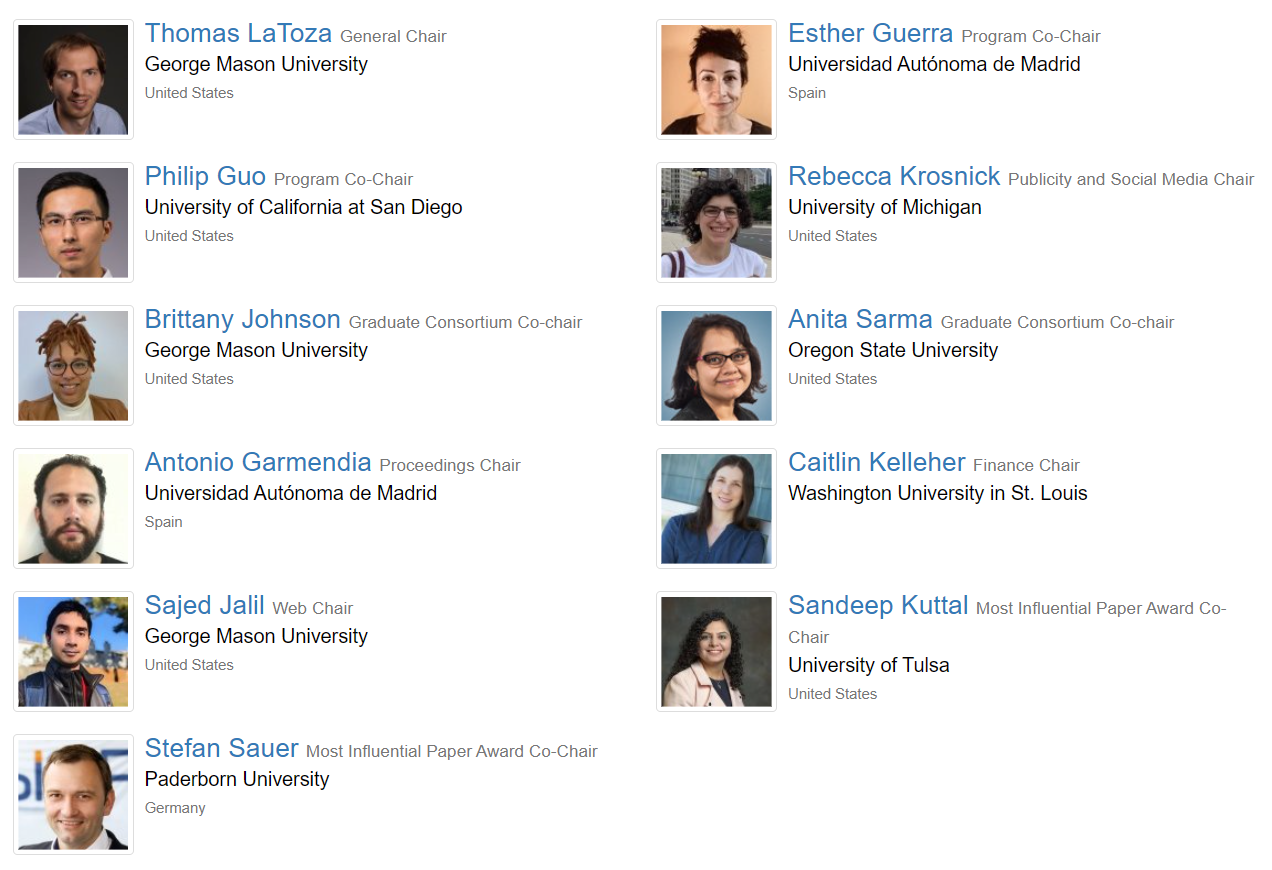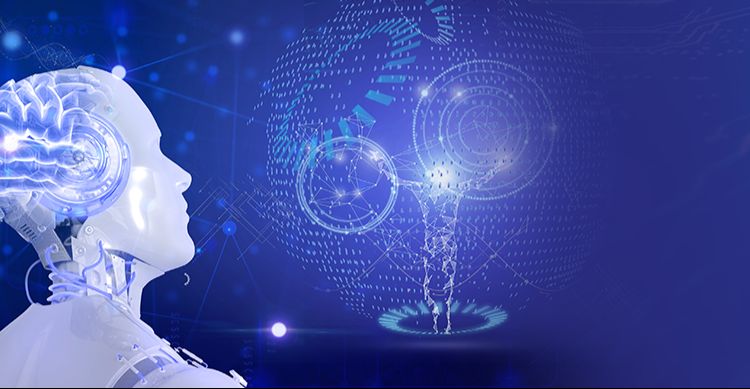2023 IEEE Symposium on Visual Languages and Human-Centric Computing (VL/HCC)
2023 年 IEEE 视觉语言和以人为中心的计算研讨会 (VL/HCC)
Important Dates:
Paper Submission Deadline: April 28, 2023
Notification of Acceptance:June 23, 2023
Date of the meeting:October2 -6,2023
Location :Washington,USA
About the conference:
The IEEE Symposium on Visual Languages and Human-Centric Computing is the premier international forum for research on this topic. Established in 1984, the mission of the conference is to support the design, theory, application, and evaluation of computing technologies and languages for programming, modeling, and communicating, which are easier to learn, use, and understand by people.
The 2023 symposium is scheduled to take place October 2-6 in Washington, DC, USA. VL/HCC 2023 is 100% Sponsored by IEEE Computer Society Technical Committee on Multimedia Computing (TCMC).
VL/HCC is indexed in Scopus, DBLP, IEEE Explore, WoS.
Organizing Committee:

Call for Papers:
We solicit original, unpublished research papers on computing technologies for modeling, programming, communicating, and reasoning, which are easier to learn, use or understand by humans than the current state-of-the-art. Papers should focus on efforts to design, formalize, implement, or evaluate those technologies and languages. This includes technologies intended for general audiences (e.g., professional or novice programmers, or the public) or domain-specific audiences (e.g., people working in business administration, production environments, healthcare, urban design or scientific domains). Empirical papers that validate current proposed solutions with rigorous scientific means (i.e., empirical studies, controlled experiments, rigorous case studies, etc.) are also welcome.
Areas of interest include, but are not limited to:
Visual languages: Novel visual languages, Design, evaluation, and theory of visual languages and applications, Development of systems for manipulating and interacting with diagrammatic representations
Human aspects and psychology of software development and language design, such as supporting inclusion and diversity in programming
End-user development: End-user development, adaptation and programming, Creation and evaluation of technologies and infrastructures for end-user development
Crowdsourcing design and development work
Representations: Novel representations and user interfaces for expressing computation, Software, algorithm and data visualization
Modeling: Model-driven development, Domain-specific languages, including modeling languages, Visual modeling of human behavior and socio-technical systems
Thinking more deeply about code: Computational thinking and Computer Science education, Debugging and program understanding, Explainable ML/AI
Contact Us:
Authors can scan the code to add conference teachers and send IEEE for submission consultation




